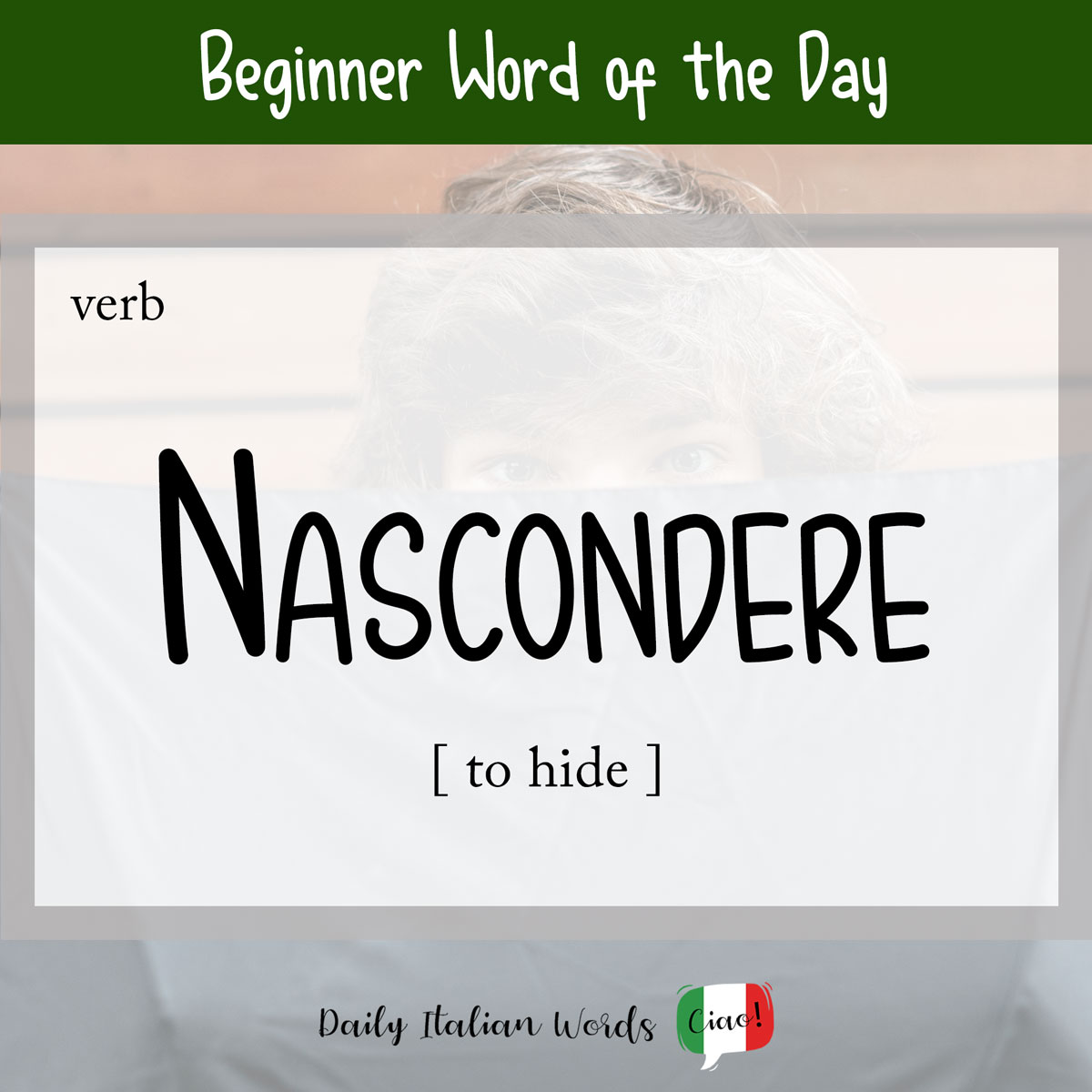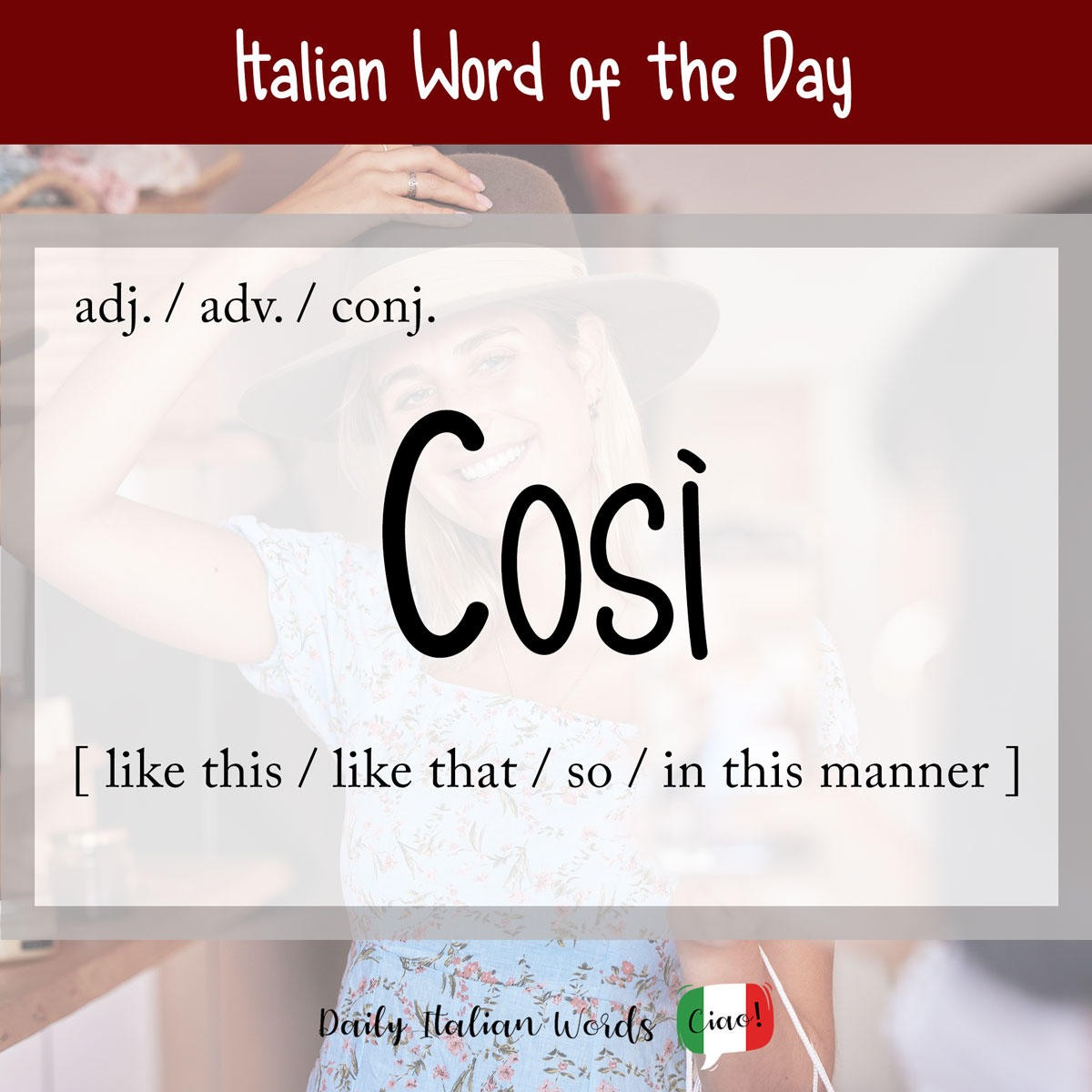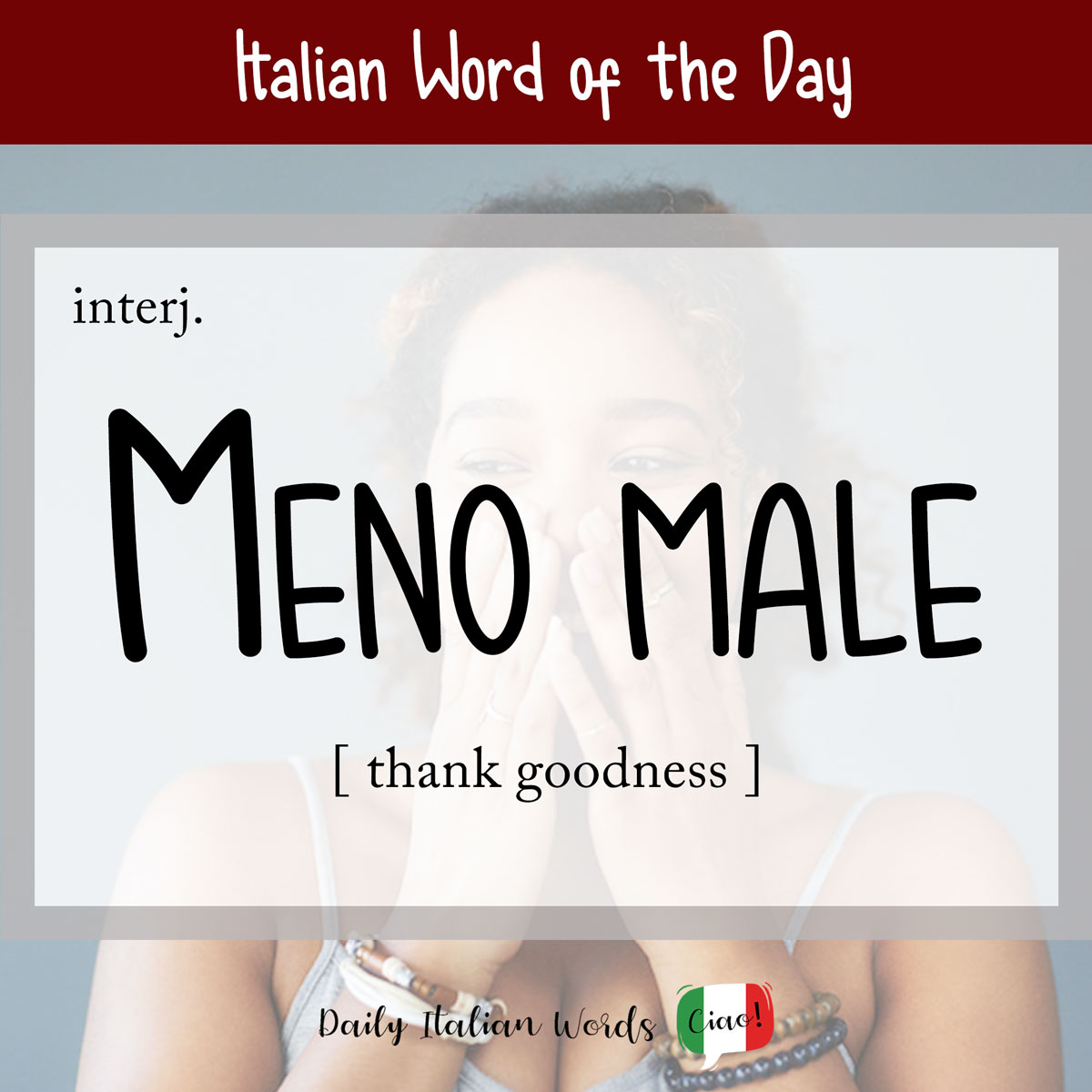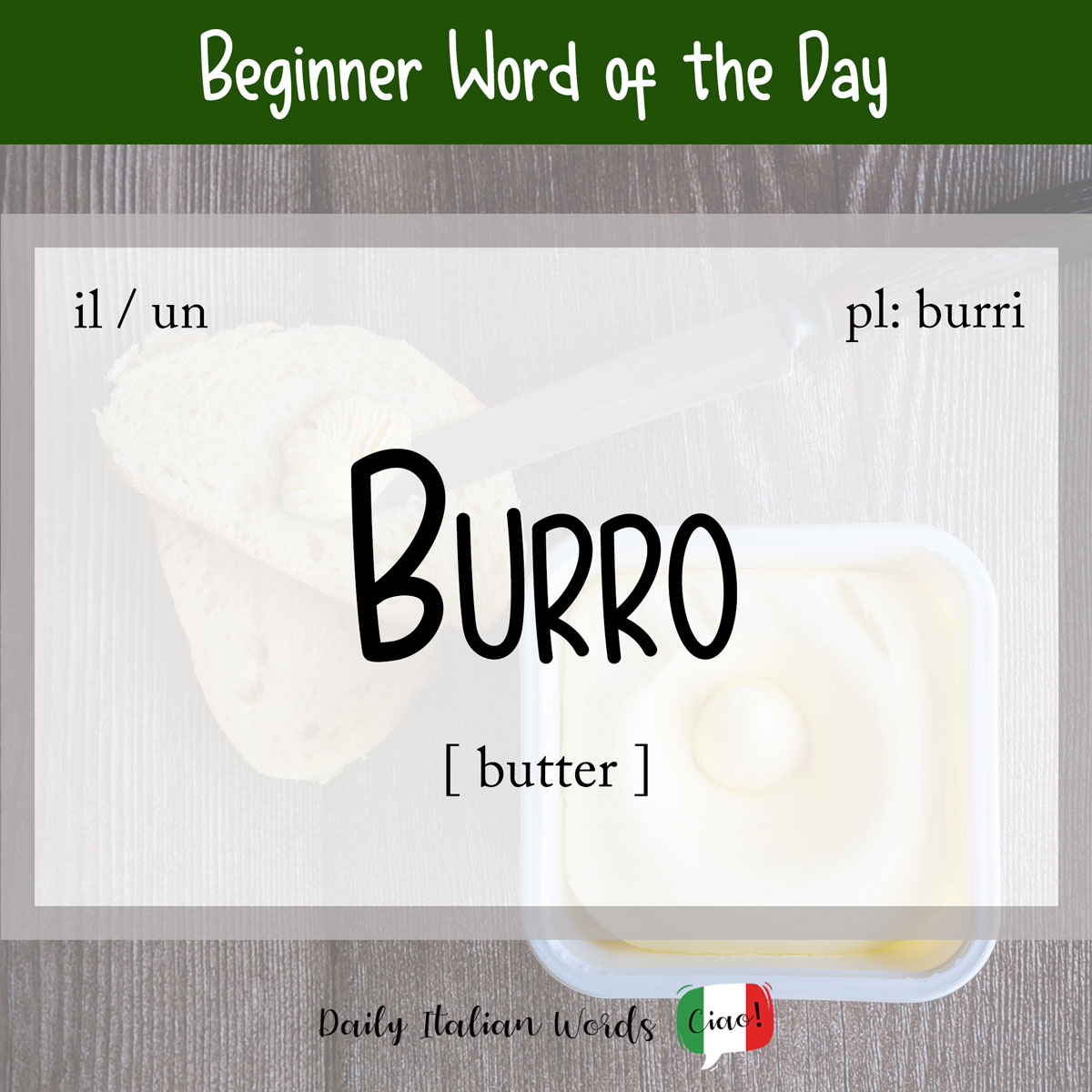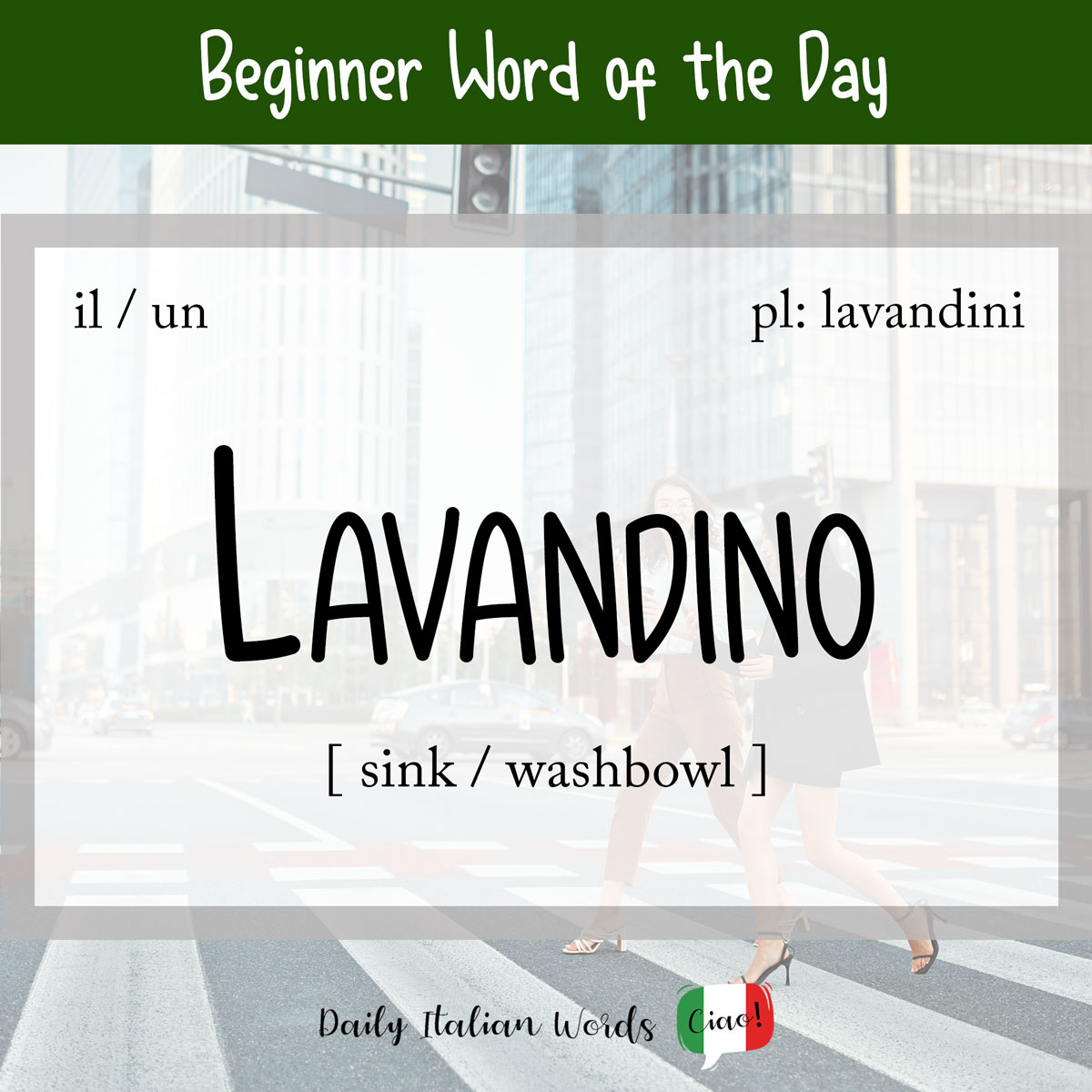Italian Word of the Day: Nascondere (to hide / conceal)
Whenever my mom and I take my son to school, he enjoys playing hide-and-seek behind the walls and buildings that line the streets, adding a bit of excitement to our daily stroll! His penchant for this game inspired me to write about the word nascondere, which translates to to hide. nascondere to hide The word …

